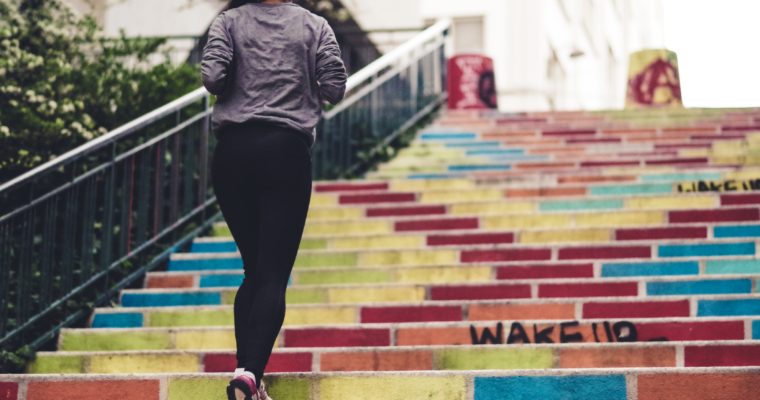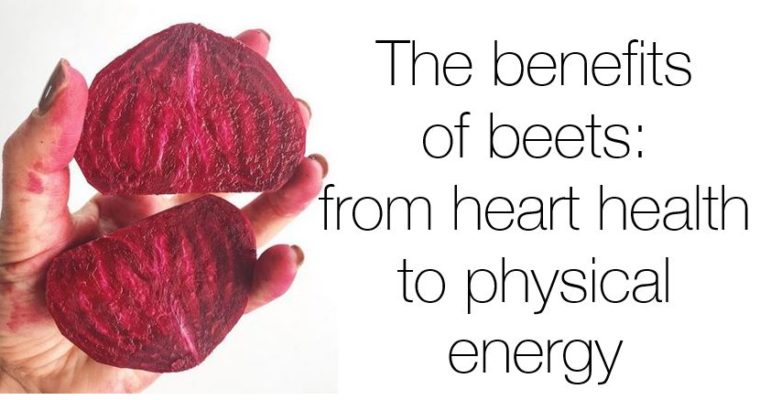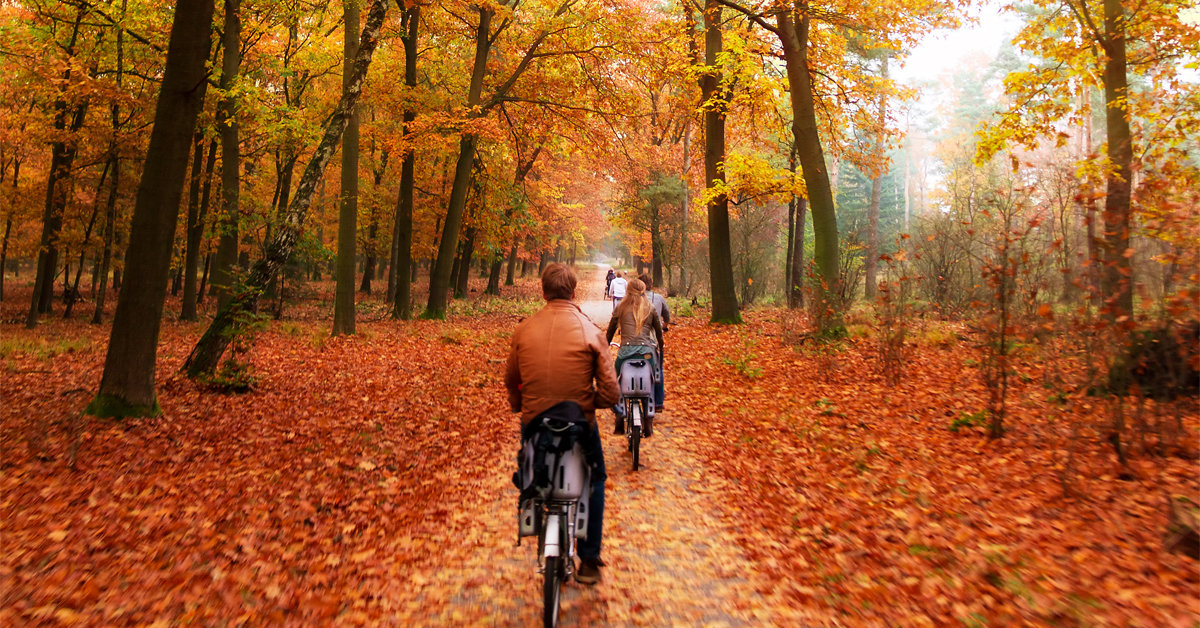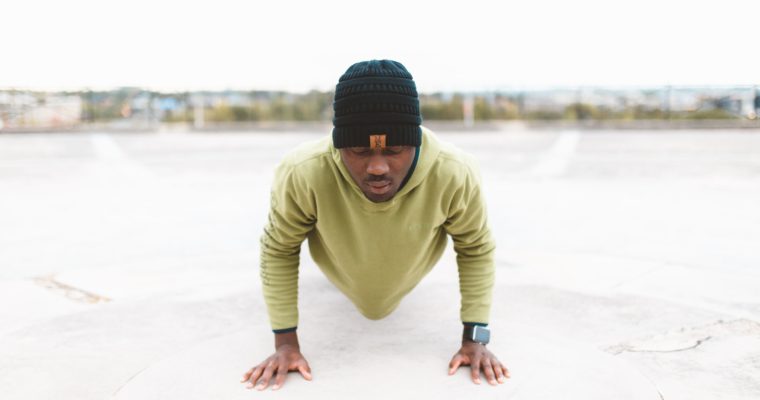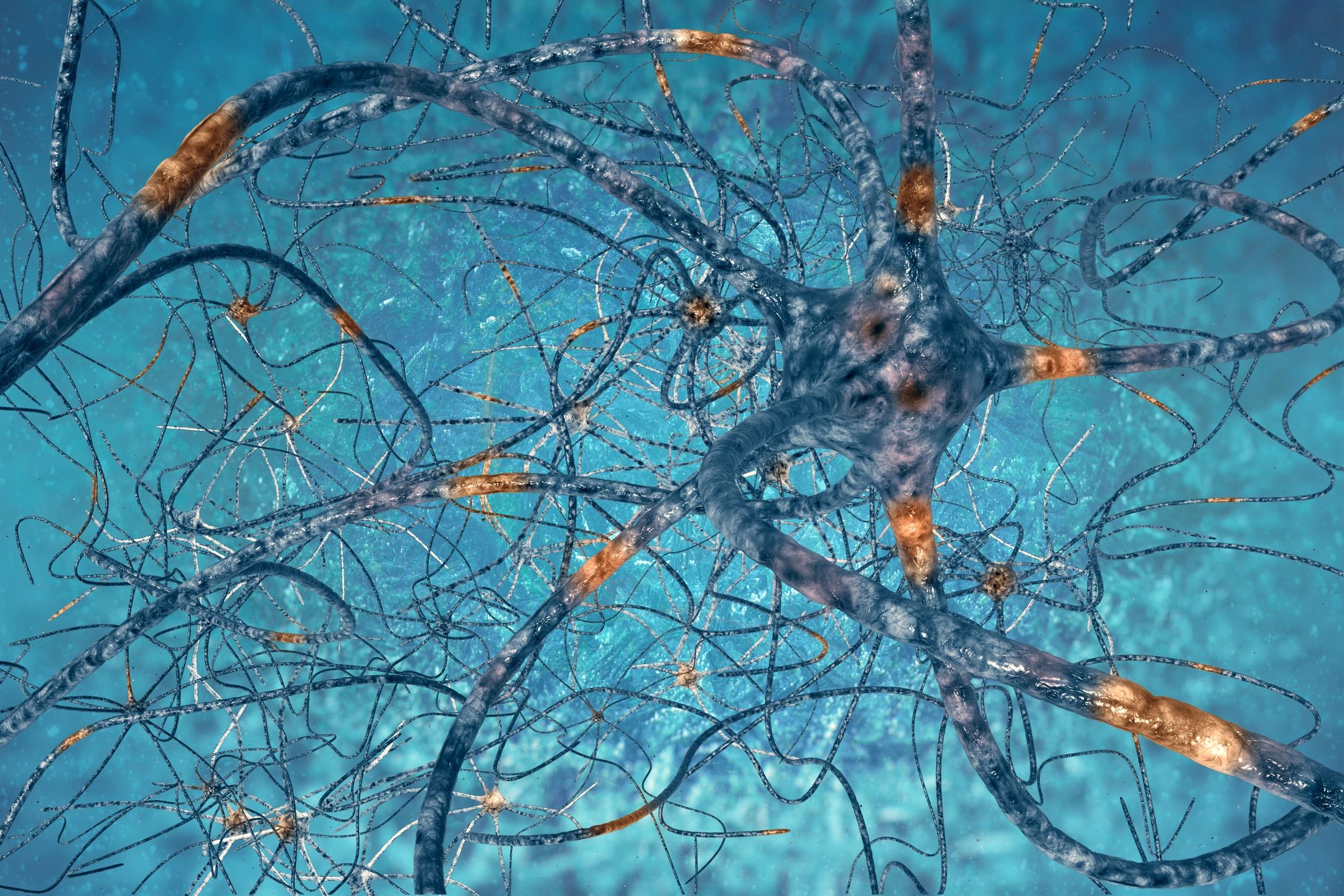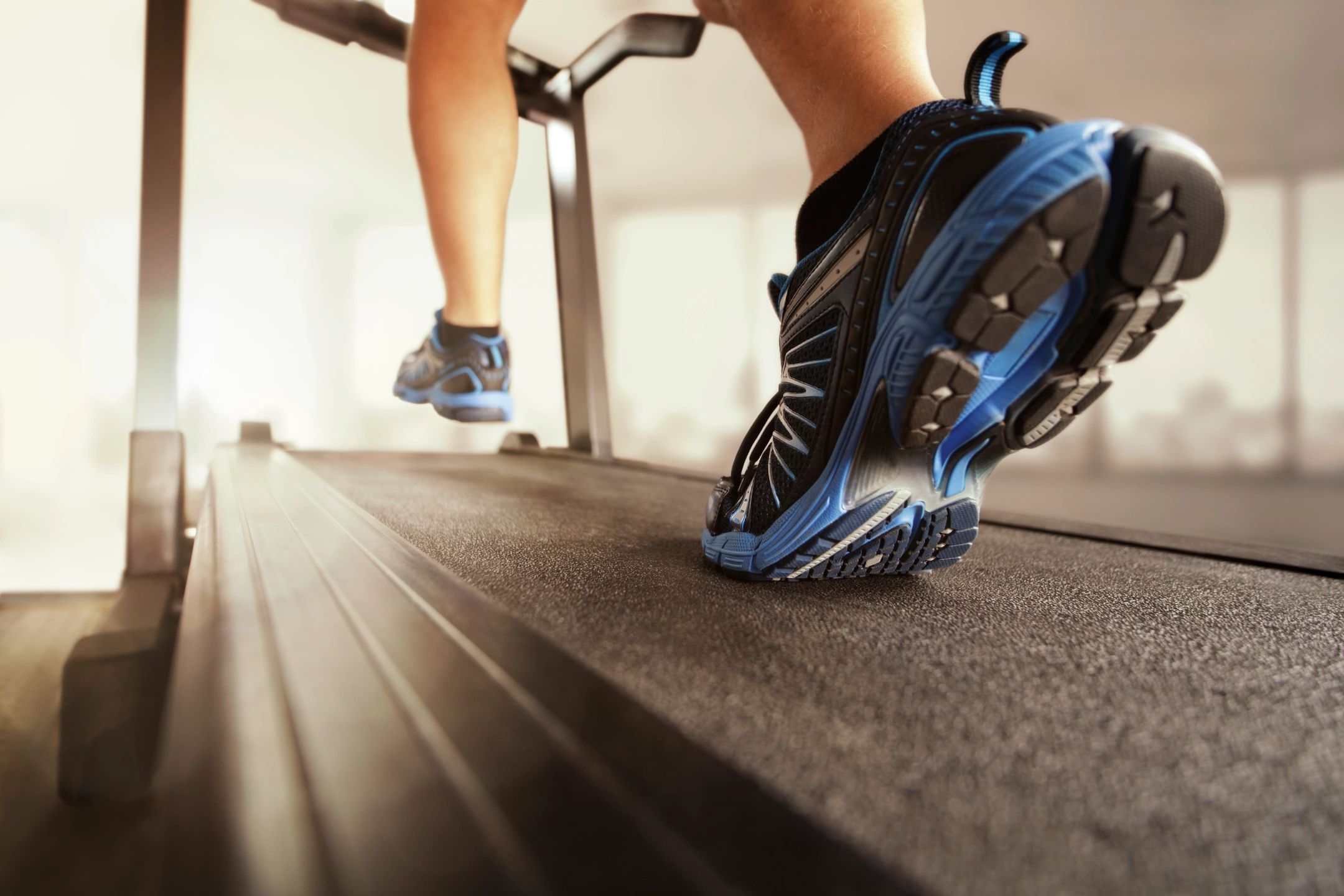Just because the leaves are changing color and the temperature is dropping, doesn’t mean your motivation should follow suit! If the colder weather and lack of motivation is keeping you from your fitness goals, these 10 fall-inspired fitness tips may help.
-
Make a motivation board
Many of us are visual individuals. It might be easier for you to see yourself reaching your goals if you have visuals to turn to and remind yourself of why you started and what your short/long term goals are. Is there a body type you are reaching for? Print out a photo and add it to your motivation board. Is there a specific food you want to remind yourself to incorporate into your diet? Pin it! Is there a quote that reminds you why you started down your fitness journey in the first place? You guessed it – pin it!
The Best “Whey” to Recover from Exercise & Build Muscle is with Whey Protein!
-
Plan ahead and Mix it up!
Whether you’re working out at home, the gym, or outside, you should plan your daily workouts in order to keep a schedule and to keep yourself motivated. Daily workouts could be a gym session, a jog around the park, or even tennis lessons. As long as you’re moving, it counts! One hour of cardio each day will probably get boring by the time Wednesday hits. Instead, speak to a trainer at your local gym or research workouts online to start planning ahead. For example, if Monday you are focusing on cardio, make Tuesday an arm day and Wednesday an outdoor biking day.
-
Turn fall chores into a workout!
If that pile of leaves on your lawn has been sitting there for days but you don’t have time to tidy up before you hit the gym, why not merge the task? According to Harvard Health, a 155-pould person can burn 149 calories by raking leaves for 30 minutes. If you have kids, head outside for some fun in the leaves and get them involved in the clean up too! They won’t even realize that you’re using it as a fitness activity, either.
How to Improve Your Energy and Endurance
-
Grab a friend!
If working out alone is killing your motivation, grab a friend who has the same goals as you in terms of workout consistency. You don’t want to bring a friend to the gym or head outside for a run with a friend who isn’t motivated; this can bring you down and allow you to give in to your lazy cheat days much easier! Someone with the same or a bit more aggressive goals as you will continue to push you as they push themselves to reach their fitness goals. Just remember that everyone works at their own pace and you should not be discouraged if you need to take a quick break on your run while they look like they aren’t breaking a sweat!
-
Moderation
The saying, “Moderation is key” is popular for a reason – it’s the truth! It’s okay to give in to those sugar cravings every once in a while (you don’t have to beat yourself up about it!) but be sure you are keeping your goals in mind. You may want to try the 80-20 rule when it comes to moderation – aim to eat healthy 80% of the time and allow yourself to be more lenient for the other 20%.
-
Fitness Gear
Unlike heading out for a quick summer run, a thin pair of shorts and a tank top doesn’t cut it in 50-60 degree fall weather. But there’s an easy fix! You can either layer up with a comfy sweater and leggings or get yourself wind-shielding jackets that help keep the chill away. Wear proper attire like hats and gloves if needed, that won’t add too much weight and bulkiness but still allow for the warmth you need. But even with all that prepared, many people still forget about footwear.
Winter is coming! Can L-Carnitine Keep You Warm?
-
Get enough sleep
You may think that your fitness goals revolve around eating the right foods and exercising, but your quality of sleep plays a major role, especially if you are trying to lose weight. According to research published in the Annals of Internal Medicine, not enough sleep – less than seven hours per night – can reduce and even undo the benefits of dieting. For the study, dieters were put on different sleep schedules. When their bodies received adequate rest, half of the weight they lost was from fat. When they cut back on sleep, the amount of fat loss was cut in half – even though they were on the same diet. The participants reported being significantly hungrier, less satisfied after meals and lacked the energy to exercise. Overall, those on a sleep deprived diet experiences a 55% reduction in fat loss, compared to their well-rested counterparts.
-
Practice safe outdoor activities
Not only does fall bring colder weather, but it also brings shorter days. Prepare your outdoor workouts by wearing the correct fitness gear in order to stay warm. You may also want to exercise earlier in the day, rather than waiting until dark. With the time change and sun setting earlier, more it’s common to feel more tired than usual. Working out earlier may help guarantee that your workout will get done and allows you to be able to relax in the evening.
-
Fall Produce in stock
Common fall activities include apple and pumpkin picking and maybe even pie baking. Use fall produce like apples, figs, pears, pumpkins, sweet potatoes, beets and squash into your diet in order to mix things up!
“Beet” Your Fatigue & Supercharge Your Muscles with Beetroot!
-
Drinks lots of water and tea.
The cold weather may have you craving hot chocolate and pumpkin spice lattes, but don’t forget that hydration is key to fitness no matter the season! Green and black teas contain powerful antioxidants that may help keep you healthy throughout the cold and flu season. It can also help to warm your body up on those cold, windy days. Water is essential for healthy metabolism and detoxification. Don’t forget to drink water throughout the day to stay hydrated!
Do you have more fall-inspired fitness tips? Leave us a comment and join in the conversation to spread motivation this season!

